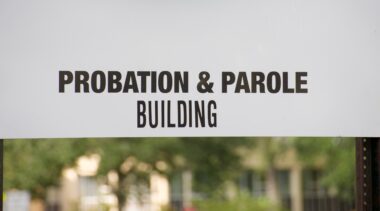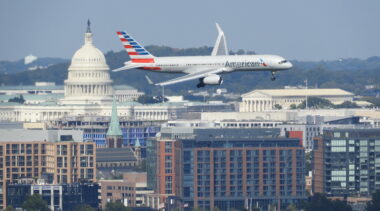-
How states can implement highway public-private partnerships
With declining fuel tax revenue, growing miles traveled, and aging infrastructure, states can no longer depend on government funding for major highways.
-
Public schools without boundaries: Ranking every state’s K-12 open enrollment policies
Only 11 states have mandatory open enrollment laws that allow students to easily transfer to other public schools and 26 states allow public schools to charge tuition to public school transfer students.
-
How text message reminders can help reduce technical parole and probation violations
This report's findings suggest that sending text message reminders for scheduled appointments could reduce canceled and missed parole and probation appointments by as much as 21% and 29%, respectively.
-
How state reforms changed federal enforcement of marijuana prohibition
While formal federal marijuana law has persisted unchanged amid state-level reforms, federal marijuana enforcement on the ground has changed dramatically.
-
How drug decriminalization affects policing
With the diminished capacity and incentive to pursue drug possession arrests, police can redirect resources toward crimes with victims, crime prevention, and public safety.
-
Best practices for pension debt amortization
Amortization policy is at the core of the successful elimination of pension debt.
-
Best practices in hybrid retirement plan design
The recent shift toward offering hybrid plans to newly hired government employees suggests that governmental employers may be changing their perceptions of the balance of financial risk between employees and employers.
-
Modernizing the passenger facility charge to improve aviation
Modernizing the passenger facility charge would improve airports and increase airline competition.
-
The impact of cash flow on public pensions
This policy brief uses the Montana Public Employee Retirement System (PERS) as a case study to illustrate the principles and importance of conducting a cash flow analysis of public pension plans.








